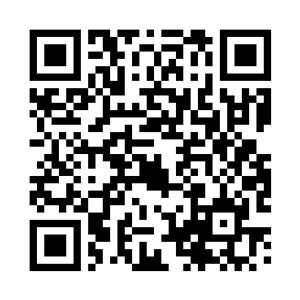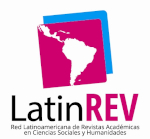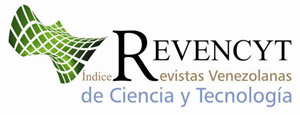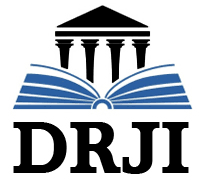Experiences in financial management: preparation for the industry 5.0 of the Industrial Engineer
Keywords:
financial management, industry 5.0, industrial engineeringAbstract
The objective of this essay was to reflect through experiences in financial management on the competencies for Industry 5.0 of the industrial engineer. The importance of competencies and interdisciplinarity as foundations in Industry 5.0 was addressed, highlighting the advanced technological condition and organizational management skills to face the challenges of the productive environment. Likewise, experiences in financial management of the industrial engineer were described, with emphasis on effective communication, interdisciplinary collaboration and the use of data in financial decision making in international contexts. In the same way, some lessons learned from the experiential framework in industrial advice were pointed out, highlighting the usefulness of shared platforms and resources to understand and address business problems in a comprehensive manner. Methodologically, the type of research was documentary, using the recording technique to collect relevant information from academic and scientific sources such as the Scopus database, Web of Science, ScienceDirect; in addition to content analysis and conceptual synthesis. Among the reflections, the interest in the specific competencies of the industrial engineer is highlighted within the framework of the experiences required in the labor market for industry 5.0, based on experiential experiences in financial management and lessons learned from constantly evolving business advice.
Downloads
References
Adel, A. (2022). Future of Industry 5.0 in Society: Human-Centric Solutions, Challenges, and Prospective Research Areas. Journal of Cloud Computing, 11(1), 40. https://doi.org/10.1186/s13677-022-00314-5
Ahmed, T., Karmaker, C. L., Nasir, S. B., Moktadir, M. A., & Paul, S. K. (2023). Modeling the artificial intelligence-based imperatives of industry 5.0 towards resilient supply chains: A post-COVID-19 pandemic perspective. Computers & Industrial Engineering, 177, 109055. https://doi.org/10.1016/j.cie.2023.109055
Alojaiman, B. (2023). Technological modernizations in the industry 5.0 era: a descriptive analysis and future research directions. Processes, 11(5), 1318. https://doi.org/10.3390/pr11051318
De Souza Almeida, L. (2019). Unindustrial engineeringderstanding Industry’s Expectations of Engineering Communication Skills. Tesis doctoral no publicada. Logan: Utah State University .
Espina, L. C., Guerrero, J. M., Goni, N., & Noroño, J. G. (2023). Industry 5.0: tracking scientific activity on the most influential industries, associated topics, and future research agenda. Sustainability, 15(6), 5554. https://doi.org/10.3390/su15065554
Gitman, L., & Zutter, C. (2015). Principles of managerial finance. (24 ed.). New York: Pearson.industrial engineering
Grabowska, S., Saniuk, S., & Gajdzik, B. (2022). Industry 5.0: improving humanization and sustainability of industry 4.0. Scientometrics, 127(6), 3117-3144. https://doi.org/10.1007/s11192-022-04370-1
Gurdur Broo, D., Kaynak, O., & Sait, industrial engineering
Published
How to Cite
Issue
Section
License
Copyright (c) 2023 Anel Carolina Núñez Herrera

This work is licensed under a Creative Commons Attribution-NonCommercial-ShareAlike 4.0 International License.





















